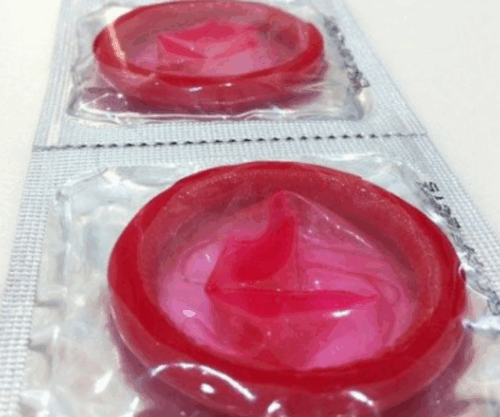
You might notice a pattern of change in your mood and behaviour when the winter season approaches and you might think you’re just not a winter person. However, the severity and consistency of these changes might be interpreting something else, like potential symptoms of a disorder.
Experts in medicine refer to this condition as seasonal affective disorder (SAD), or winter SAD in this instance. The Mayo Clinic describes winter SAD as a mood illness characterised by depression that strikes at the same time each year. This disorder is said to normally develop in people when there is less sunlight, meaning during the winter season.
The National Institute of Mental Health (NIMH) states that the following symptoms are indicative of winter SAD:
- Anxiety, apathy, general discontent, loneliness, loss of interest, mood swings, or sadness
- Overeating, particularly with a craving for carbohydrates, leads to weight gain
- Excessive sleepiness, insomnia, or sleep deprivation
- Appetite changes or fatigue
- Irritability or social isolation
The Mayo Clinic states that this condition is caused by mainly three things: a person’s circadian rhythm and a change in the body’s serotonin and melatonin levels. “The decrease in sunlight may disrupt your body’s internal clock and lead to feelings of depression.”
The clinic further explains that winter SAD is also caused by a decrease in serotonin, a neurotransmitter that regulates mood, adding, “Reduced sunlight can cause a drop in serotonin that may trigger depression.” According to the clinic mentioned above, seasonal changes can also disrupt the body’s melatonin balance, which affects sleep patterns and mood.
There is a way to salvation though, you can fight this unpleasant condition through treatment and prevention techniques. The Cleveland Clinic suggests a few remedies that have proven to be of great help.
Light therapy: Bright light therapy with the use of a special lamp can help treat SAD.
Cognitive behavioural therapy (CBT): CBT is a type of talk therapy. Research has shown it effectively treats SAD, producing the longest-lasting effects of any treatment approach.
Antidepressants: Sometimes, medical personnel recommend medication for depression, either alone or with light therapy.
Being outdoors: Getting more sunlight can help improve your symptoms. Try to get out during the day. Also, increase the amount of sunlight that enters your home or office.
Vitamin D: A vitamin D supplement may help improve your symptoms. Talk to your medical practitioner before starting this supplement.
Also see: Reasons you love winter




